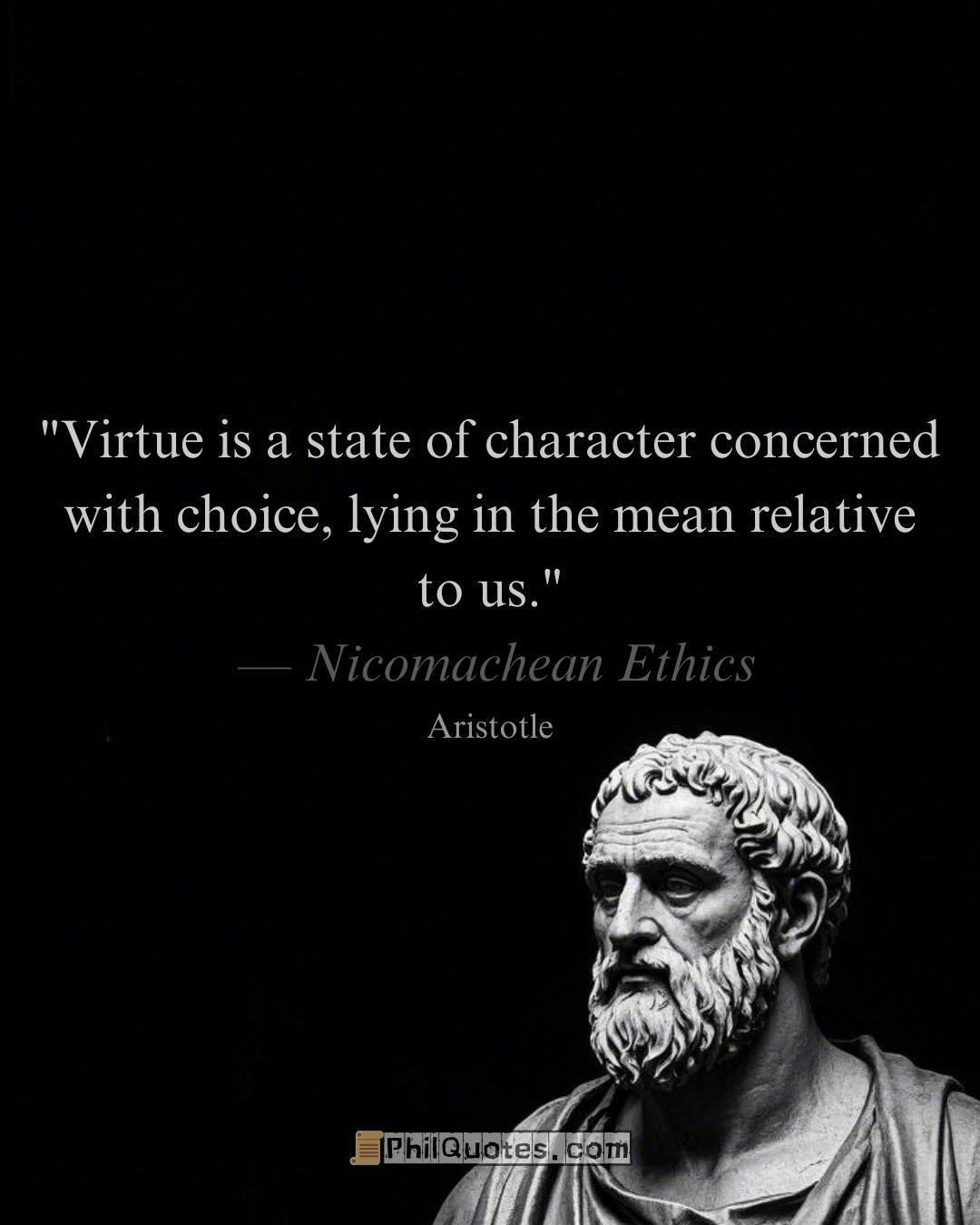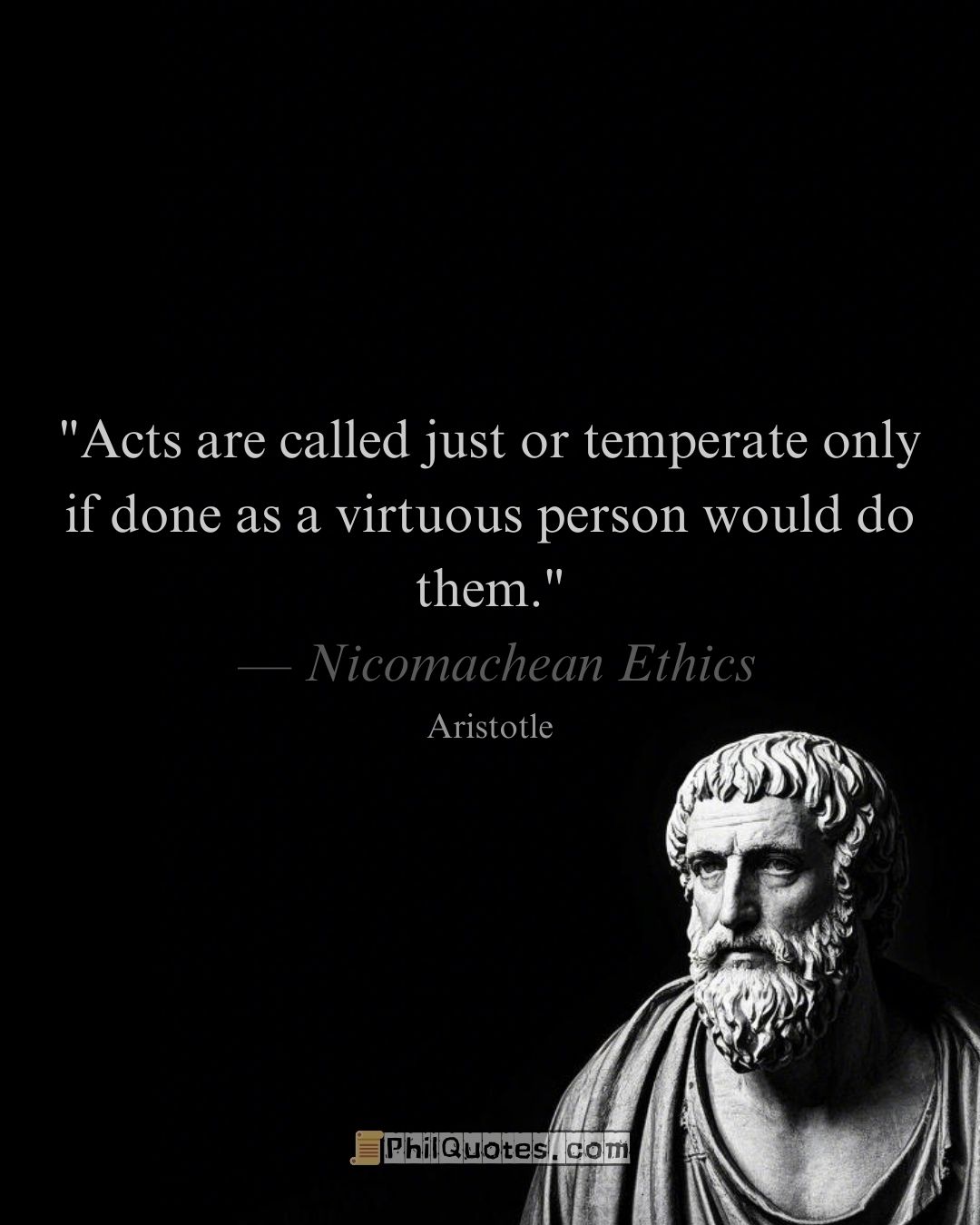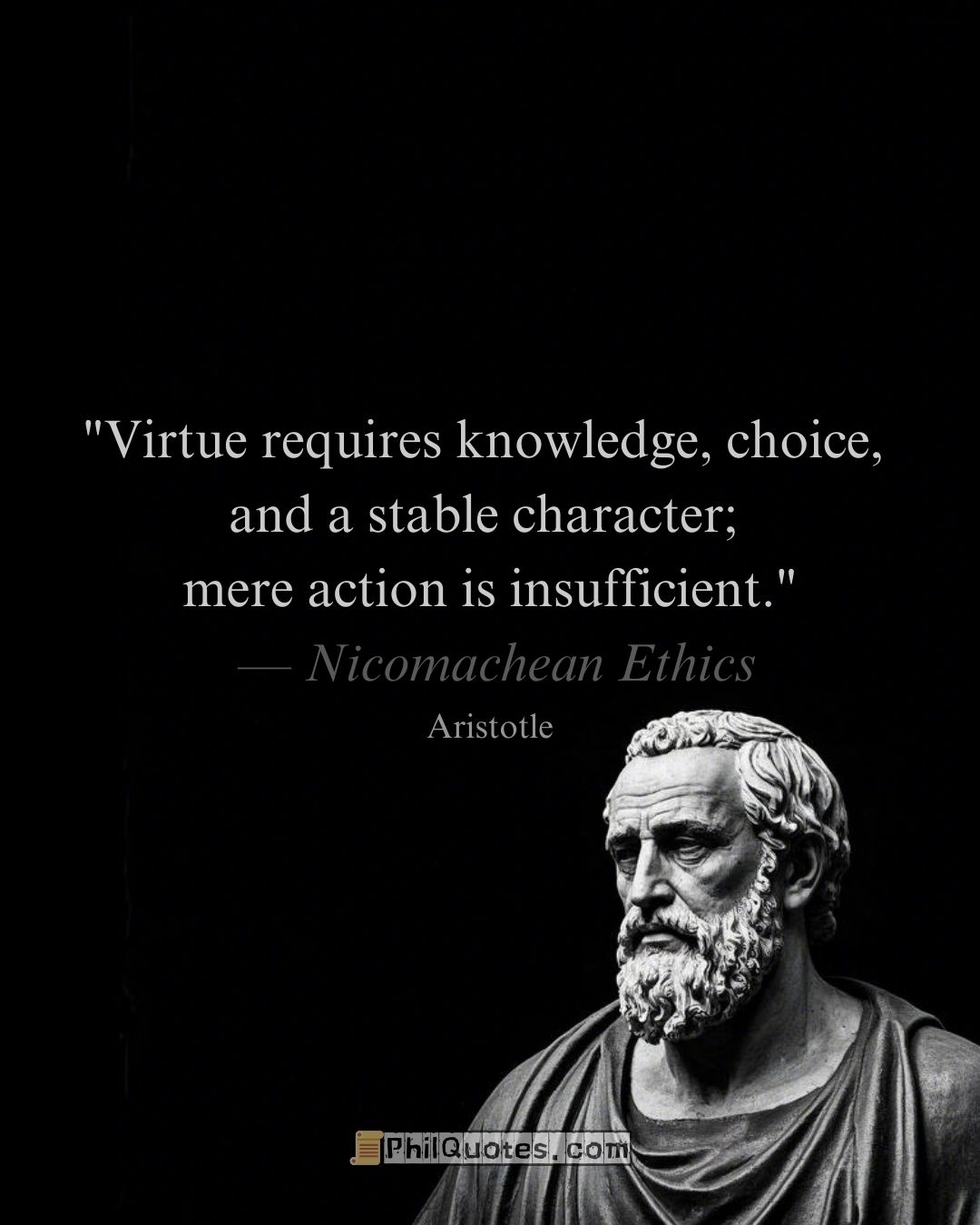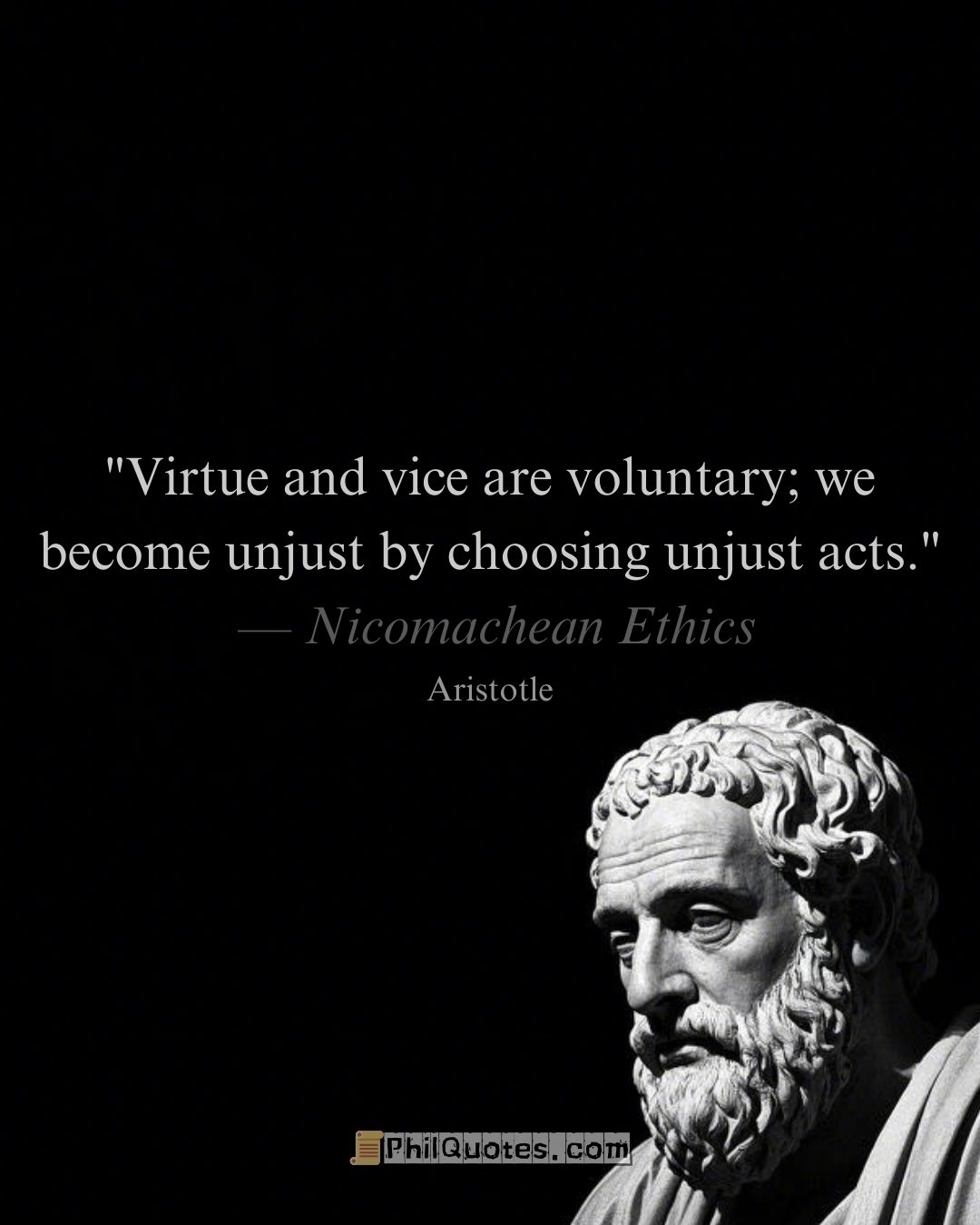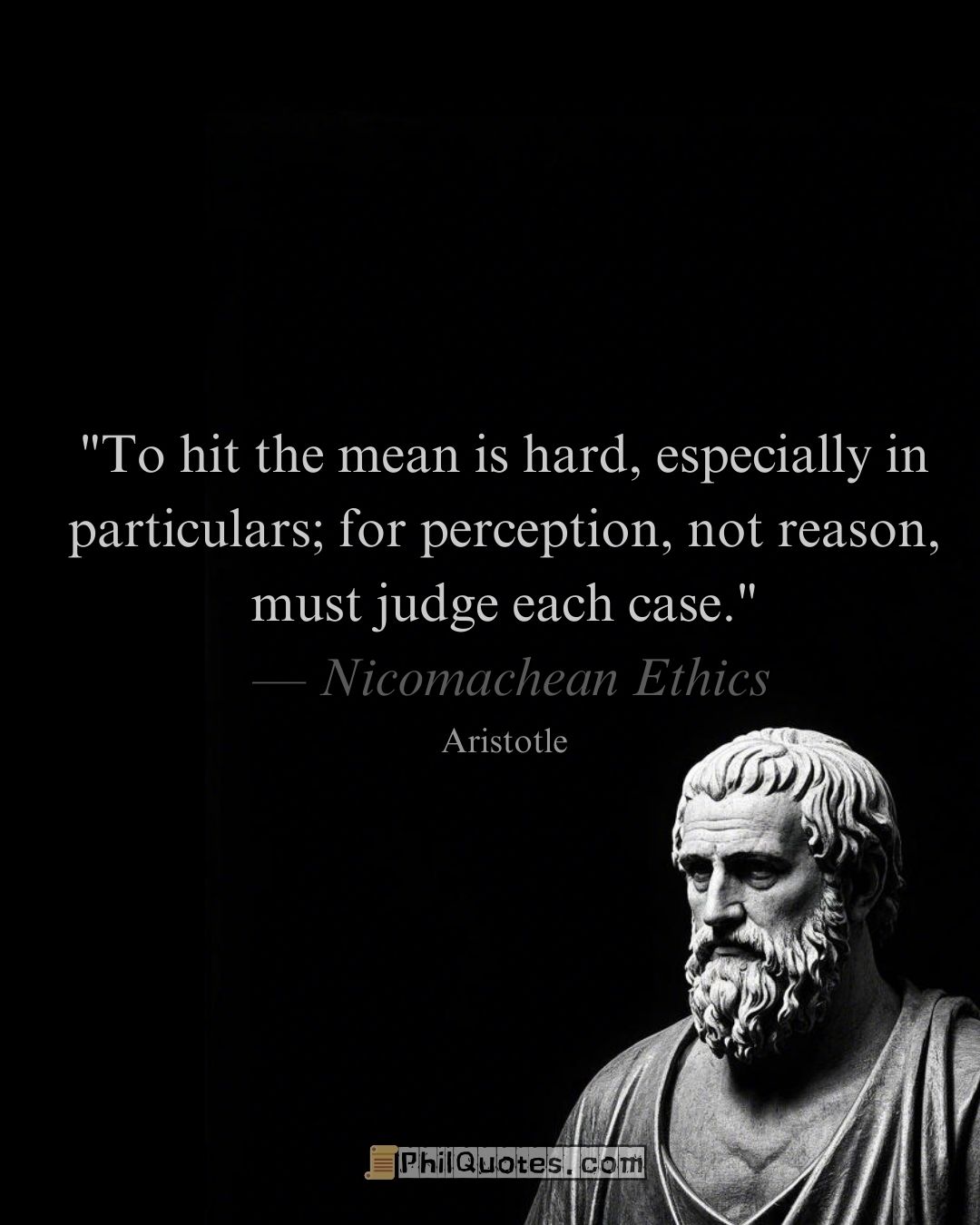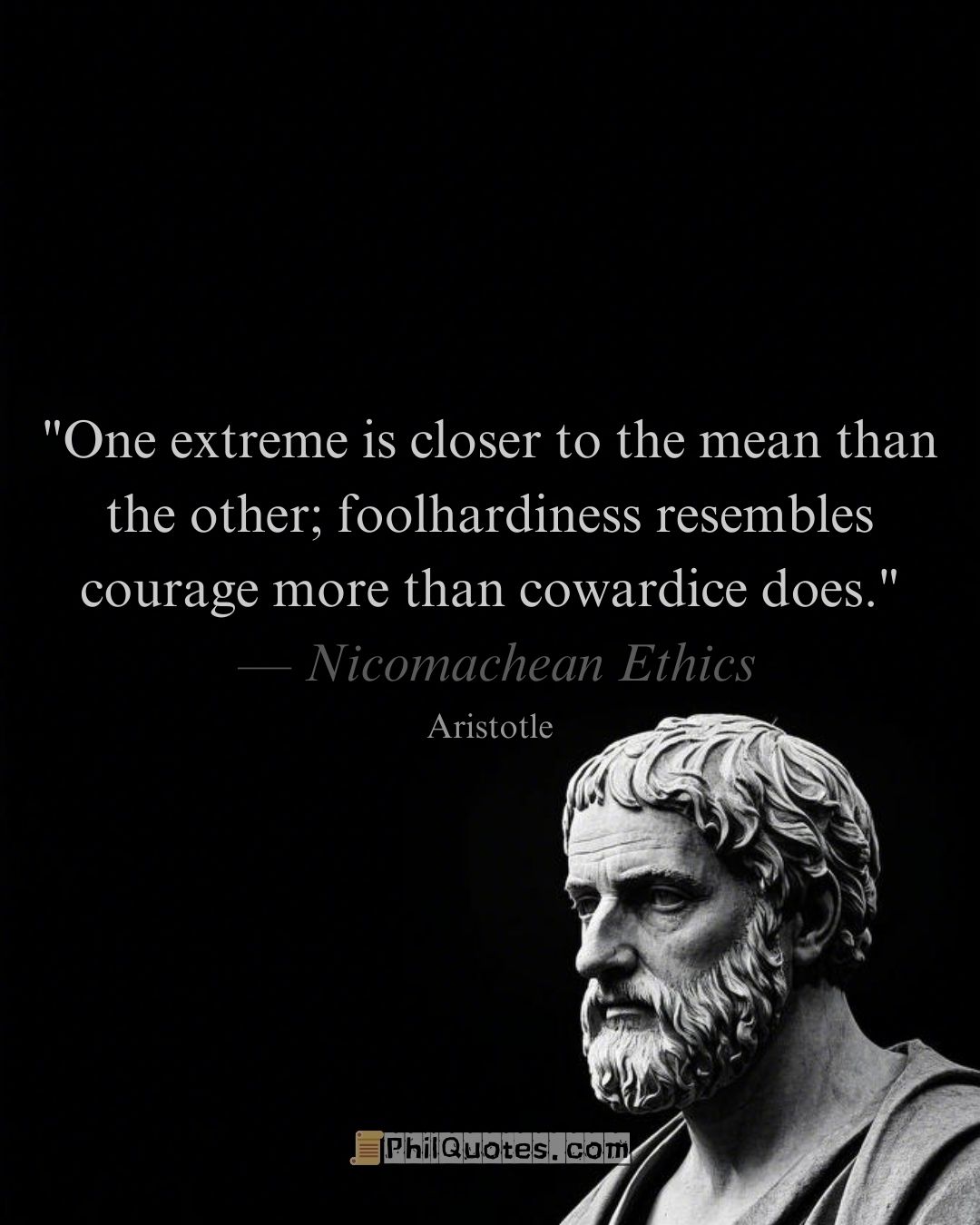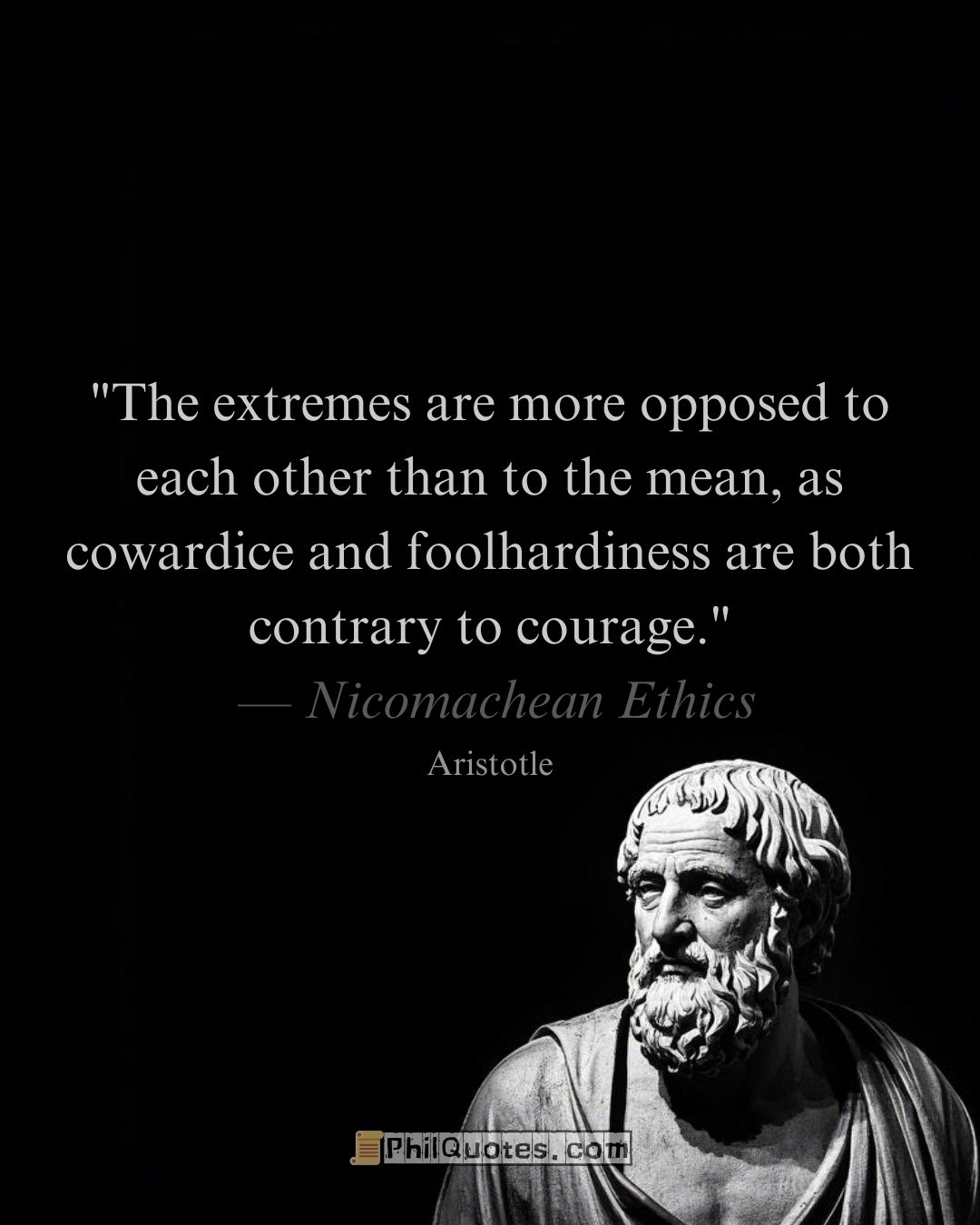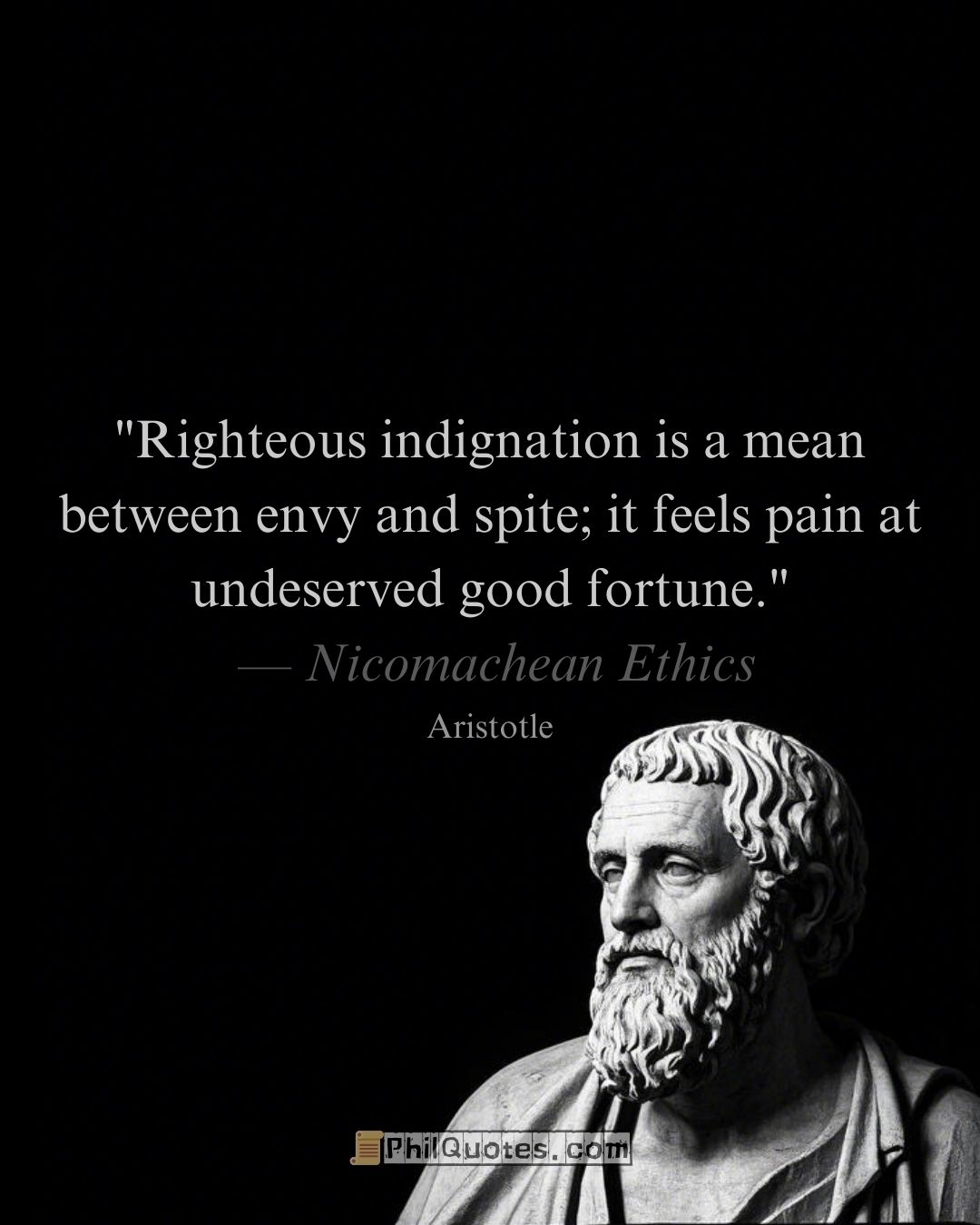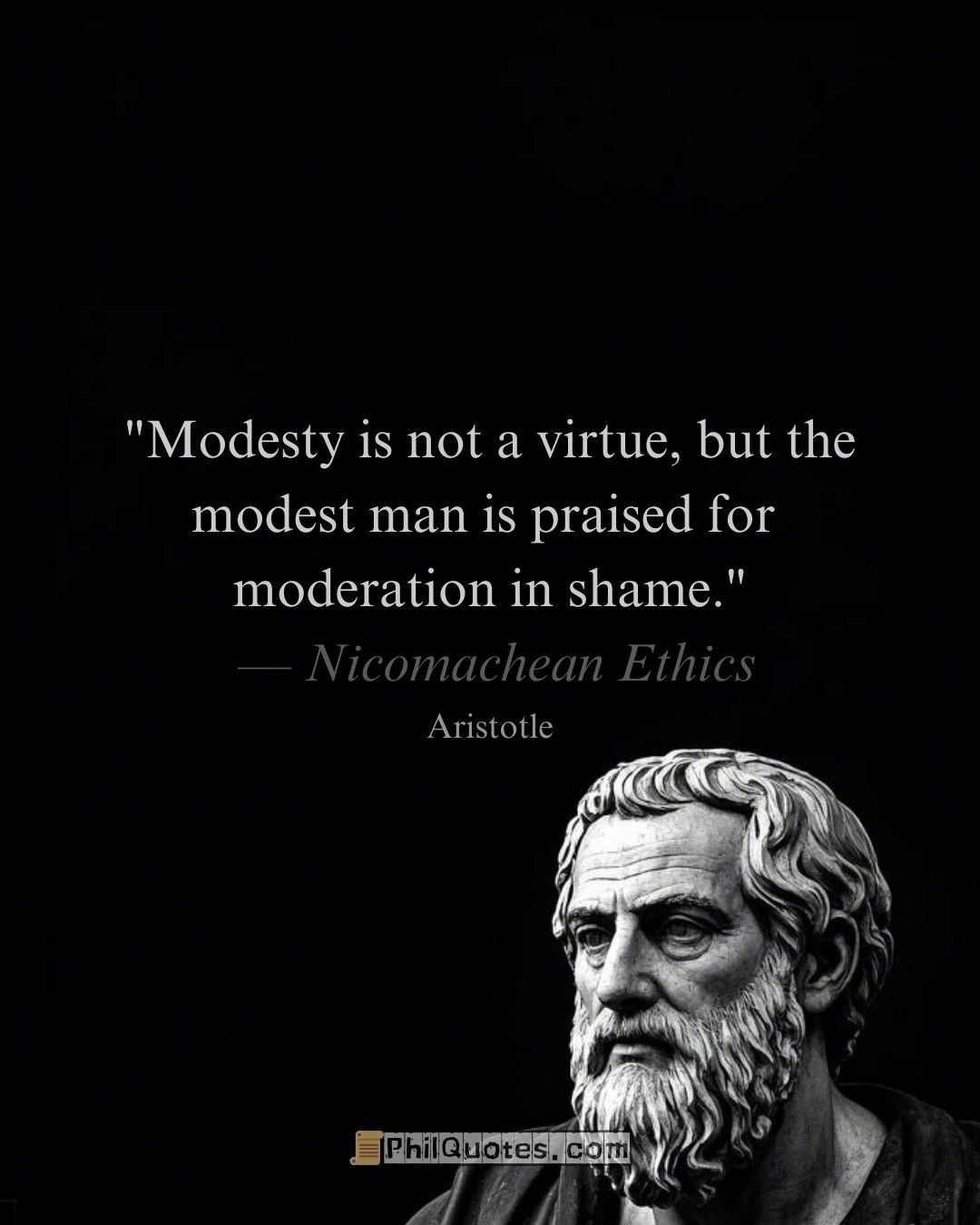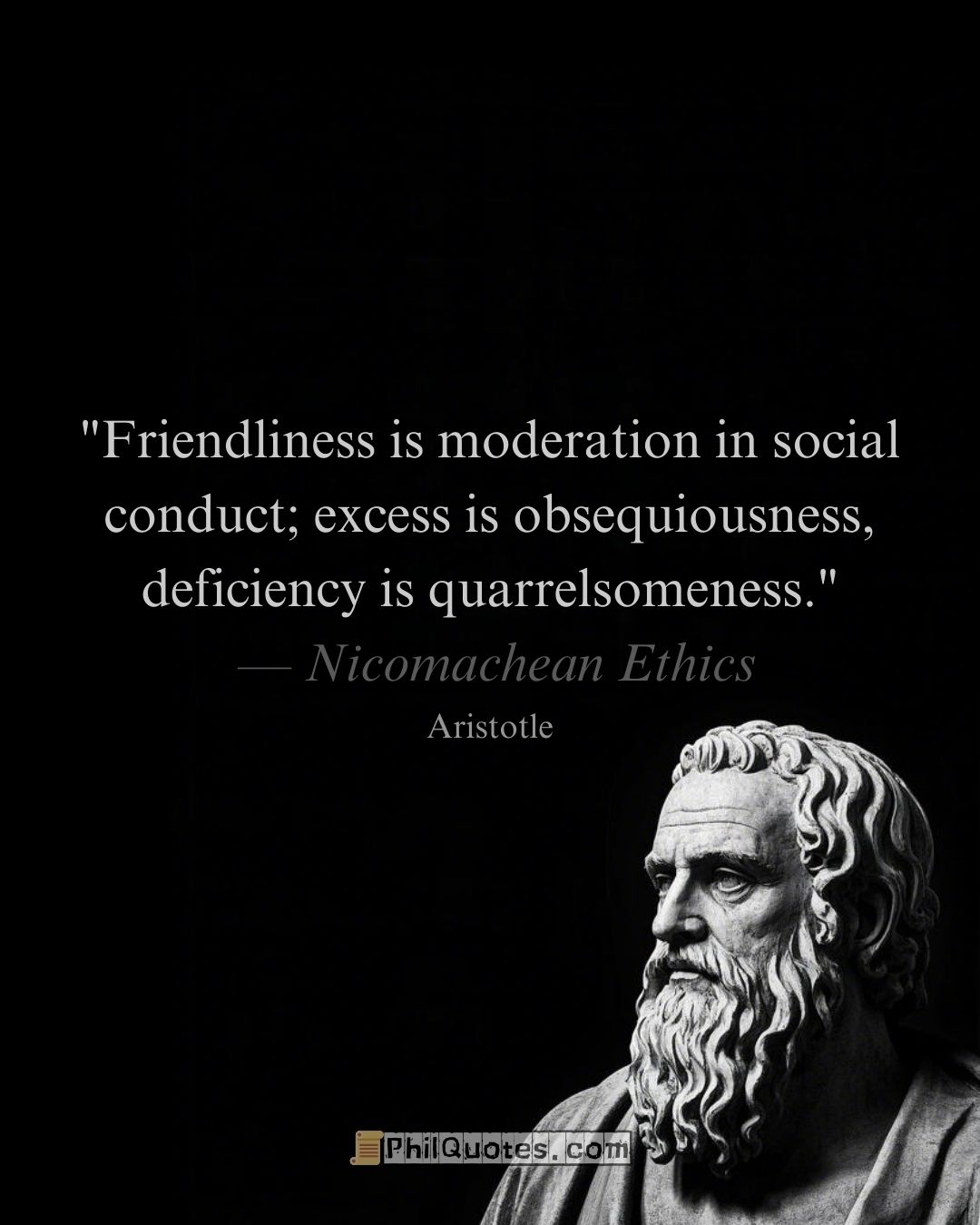Aristotle Nicomachean Ethics Quote:“Virtue is a state of character concerned with choice, lying in the mean relative to us.”
“Virtue is a state of character concerned with choice, lying in the mean relative to us.”— Aristotle, Nicomachean Ethics, Book II, Chapter 6(Translated by W.D. Ross) 🔍 Core Idea Virtue is your life’s adaptive AI — it learns from your daily choices like Spotify curates playlists. Just as phones auto-adjust screen brightness to your environment, … Read more
